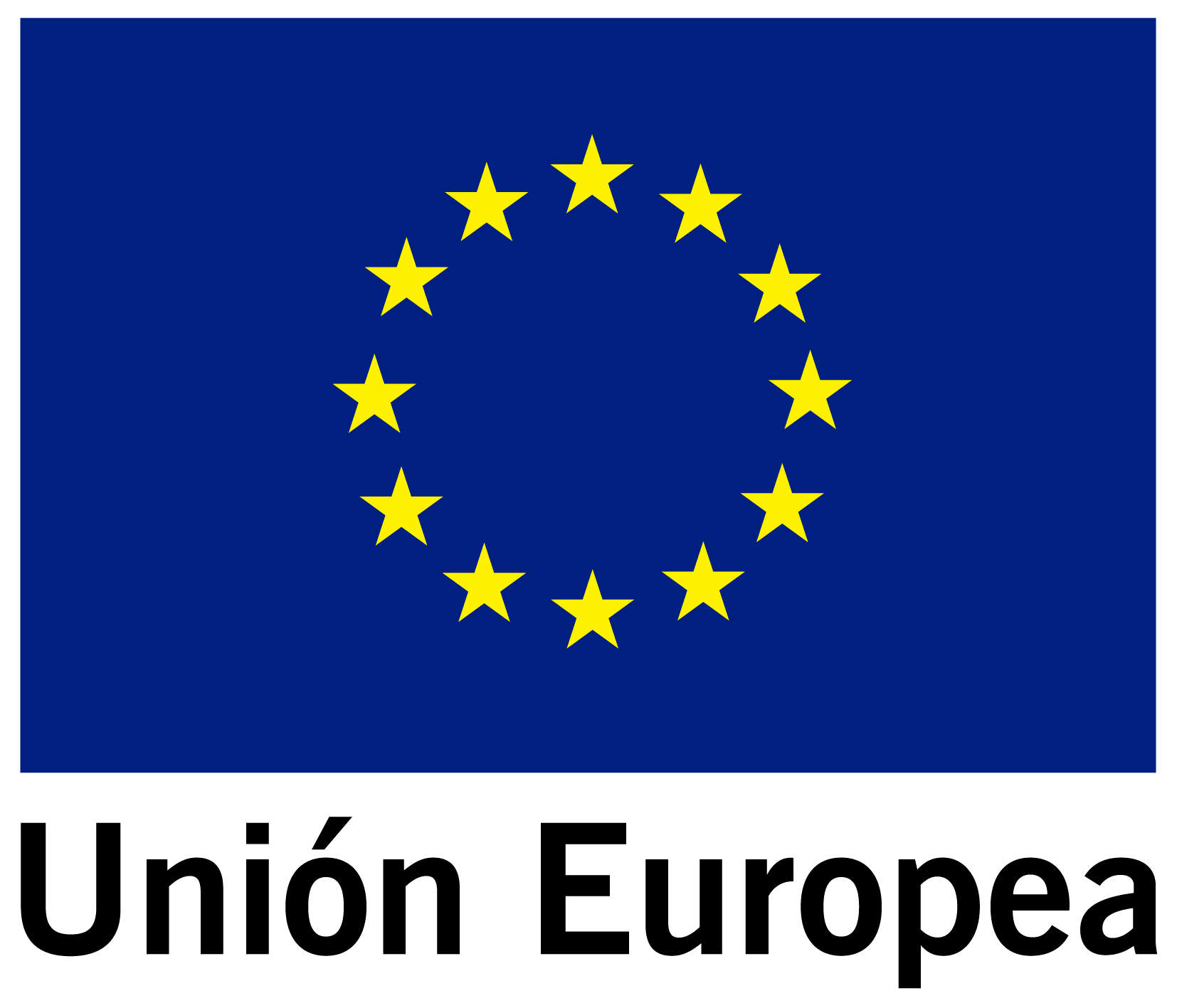
Quality Infant and Reproductive health services that promote prevention, diagnosis, treatment and rehabilitation of health for rural communities
Promote Health Strengthening Models that increase coverage and access to families in the rural areas through quality, integrated services (individual, family and community programs) for infant and reproductive health and the horizontal integration of TB/HIV/AIDS services at the primary, secondary and tertiary levels.

Primary Health Level:
Validated the Inclusive Primary Health Care Model (MIS) in 23 communities in the municipality of San Juan, Quetzaltenango from 2004- 2012. The inclusive primary health care model is based on the guiding principles of gender equity, intercultural pertinence, and the right to health. Operationally, MIS is organized in three programmatic levels of analysis-action (individual, family and community programs), subprograms based on stages in the lifecycle, and equitable allocation and organization of Ministry of Health and Social Welfare (MoH)’s infrastructure and human resources.
In 2013, the Guatemalan MoH program expanded the Inclusive Health model to 9 districts to cover more than 300,000 inhabitants. In 2016, the Guatemalan Ministry of Health will expand the Inclusive Health Model in primary and secondary health systems through the Health Reform.
-
Formation, Supervised training and consolidation of local, bilingual community health promoters as certified community auxiliary nurses through the Ministry of Health and Social Welfare program.
-
Supervision and Training of trained birthing agents for monitoring adequate practices, counseling, and self-health care for women during pregnancy and post delivery.
-
Strengthening the reference and counter reference system at all levels for locally treated cases, infant and reproductive health complications.
Individual Program provide health care to identify and effectively manage women and children at-risk for premature death and provide inter- community referrals to traditional health providers, traditional birthing agents, bone healers, and Mayan priests within MoH health posts and centers
Family Program to provide home visits to pregnant and post-partum women, families at-risk and follow-up health care services to children at-risk with childhood illnesses that could cause morbidity and mortality, reinforcing gender equality and the reduction of intra-familiar violence.
Community Program to empower community members to coordinate secure water sources, evacuation system in case of emergencies, and coordinated transportation for sick children, women or pregnant women who need to be attended at the health center of hospital.
-
Community-based model for combined prevention of STI/HIV among the most-at-risk populations (LGBTI communities, women sex workers, and social-risk youth) to promote the strategy of 90%-90%-90% with the aim to stop world-wide the HIV epidemic.









Secondary Health Level:
Validated a community-model health center in 10 rural communities in the Valley of Palajonuj in the municipality of Quetzaltenango with Italian Cooperation from Project Ixkanul Noj.
-
Formation of a quality integrated care unit with clinical health care, psychological follow-up and social- based program using protocols for intercultural pertinence and gender equality.
-
Provision of a systematic offering of sexual and reproductive health services with individualized and couple counseling for family planning, STI, HIV/AIDS, and cervical cancer.
-
Supervised Births with trained birthing agents for monitoring adequate practices, counseling, and self -health care for women during pregnancy and post delivery.
-
Critical analysis of sexual and reproductive health linkage to cultural, social and economic and political factors and traditions gender behavior that prevent self help for youth, women and men in the reproductive years.
-
Provision of community-based clinics and mobile clinics for sexually transmitted infections (STI) surveillance, prevention and control strategy (VICITS by its Spanish language acronym) among most-at-risk populations for HIV. The extramural VICITs program provides a combined prevention program, integrated STI diagnosis and treatment, condom promotion and distribution, HIV counseling and testing and antiretroviral treatment referral for men who have sex with men.








Tertiary Health Level:
Coordinated insertion of Dr. Isaac Cohen Alcahe Integrated Care HIV Unit in the Regional Tuberculosis Hospital in Quetzaltenango, Guatemala through MoH, international cooperation and non-governmental organization cooperation (based on public policy 638-2005) in 2006, resulting in the reduction of mortality for co-infected TB/HIV individuals from 77% in 2005 to 22% in 2009.
-
Formation of a quality, integrated care unit with clinical care TB/HIV screening, psychological assistance, STI screening and treatment reproductive and sexual health services and social-based programs using protocols for intercultural pertinence and gender equality.
-
Educational programs based on a critical analysis of cultural, social and economic and political barriers and traditional gender behavior to mitigate effective behavior change programs.
-
Family and Community-based programs for home-visits to improve adherence, 24/7 telephone access to community health workers, nutritional bags for malnourished individuals, self-help group formation and greenhouse vegetable gardens.
-
Dignity, Health and Postive Prevention with 8 components for empowerment of HIV individuals and their families with respect of Intercultural pertinence and educational level of participants to improve adherence according to the goals of 90%-90%-90% goals.
-
Continuous Training of the Integrated Care Personnel—Accreditation of Physicians through ESTHER Integrated HIV Care masters program and Integrated Care Course for Multi-disciplinary Personnel.







